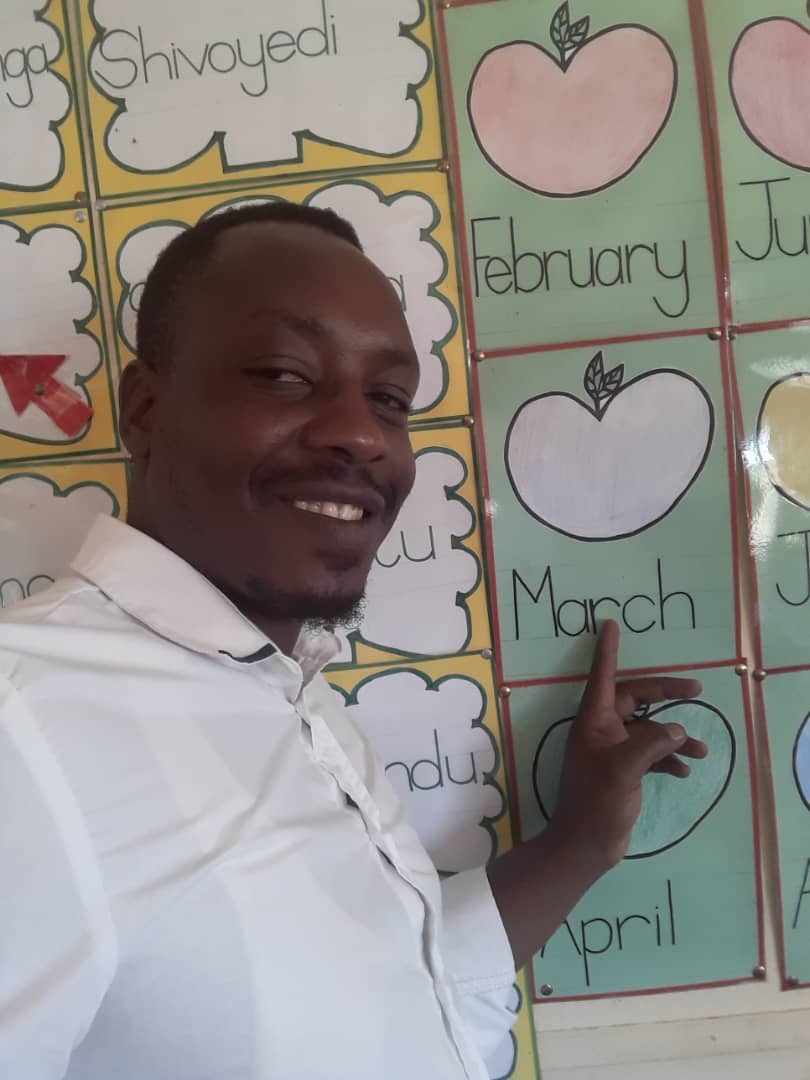Schools in Namibia should actively participate in agricultural practices as one of the ways of preparing learners to engage in food production and self-employment after school.
The call was made by Altfried ‘Atty’ Hamberera, an Agricultural Science teacher at the Nyando combined school, situated in the Kavango East region, in an interview with New Era this week.
According to Altfried, schools should emphasise teaching agriculture, since the sector is the backbone of Namibia’s economy, with the majority of the population depending on it for survival as farmers, entrepreneurs and sources of employment.
“Namibia needs agricultural skills to address food security in the country,” he said, urging those who have completed studies not only to hunt for white-collar jobs but venture into agriculture, which he said provides self-employment.
Being a civil servant
Altfried is a teacher by profession, with nine years of teaching experience. He joined the public service in 2009 as a fresh graduate from the University of Namibia. Ever since he joined the teaching profession, he has been placed at Nyando combined School, where he remains.
“I decided to join the public service simply because I wanted to have a platform for sharing the knowledge that I gained at the tertiary level, specifically in teaching and learning,” he said.
According to Hamberera, becoming a schoolteacher has been his dream career since he was young.
“I always wanted to be a teacher. I could remember my childhood days, looking up to my primary school teachers and saying in my mind ‘I want to be like them’. I give credit to my teachers for inspiring me because I was motivated by their strong guidance, leadership and compassion. I knew that I wanted to do the same thing when I grew up,” he said.
Born and raised in Nyando village, Hamberera is responsible for teaching junior primary language as well as Agriculture Science for grades five and six, a subject he said is close to his heart.
“I am an agricultural educator by choice and not by chance,” he said.
Namibia needs to equip young people with agricultural skills to be able to venture into the available agricultural opportunities.
Challenges
Like any other profession, teaching is not immune to challenges – and for Altfried, his challenges include a lack of resources and time management.
“There is a perception that teachers only work from 08h00 to 13h00 each day. This is the time they spend with their students. Any teacher will tell you that this only represents a portion of what is required of them. Teachers often arrive early and stay late. They must grade and record papers, collaborate with other teachers, plan and prepare for the next day’s activities or lessons,” he said.
He further said, “It is also challenging to find creative ways to engage students. I look at it as a problem to solve. You
have the content to teach and the students to work with, and you have to make those two things meet”.
Achievements
Outlining some of his work-related achievements, Altfried had this to say: “I can’t forget the time when I was appointed as an acting head of department for the junior phase. I gained lots of experience during my acting tenures, such as time management and problem-solving, as well as observing, researching and applying knowledge to certain areas that need improvements.
With regard to the public perception of the misconception that people working in public institutions are unproductive and inefficient, Hamberera said, “I don’t agree with that statement. Schools have school boards and management – and I don’t think a school will allow a civil servant to act unprofessionally. There are procedures to follow. Each civil servant is expected to be productive in his work,” he said.
Hamberera, who committed his life to public service, expressed his confidence that the Namibia government is caring and will soon build more schools, provide conducive accommodation to the teachers and improve the teacher-learner ratio.


